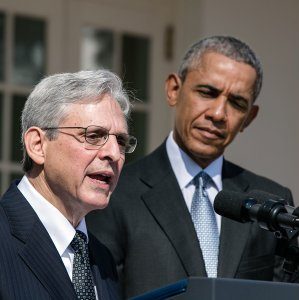What Happens if Trump Drops Out?
 What happens if Donald Trump drops out of the presidential race? Some Republican politicians have begun to call on Mr. Trump to step down as the Republican nominee for President (he cannot be forced out). If this happens, the Republican Party would then select a new nominee for President.
What happens if Donald Trump drops out of the presidential race? Some Republican politicians have begun to call on Mr. Trump to step down as the Republican nominee for President (he cannot be forced out). If this happens, the Republican Party would then select a new nominee for President.
It might be conceivable for Donald Trump to voluntarily step down, and for the Republican Party to select an alternative nominee. However, the real issue is whether the name of the alternative nominee would appear on the ballots of a sufficient number of states to permit an Electoral College victory. At this late date in the election cycle, the names of presidential candidates on absentee ballots have already been finalized in many states. In fact, early absentee voting using the final ballots already is underway in Wisconsin and many other states such as California, Ohio and Indiana. Every day, more state deadlines for placing names on the ballot pass, and it is probably already too late to prevent Donald Trump’s name from appearing as the Republican nominee on a majority of the ballots used by states across the country. To get state officials to print new ballots and then allow re-voting of ballots already turned in would require 1) litigation in state courts across the country and 2) the willingness of a large number of these state court judges to adopt an unprecedented procedure based upon vague “emergency” arguments. Such a high stakes multi-state litigation effort would make the combative Bush v. Gore lawsuit look like a law school moot court competition in comparison.

